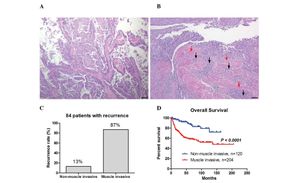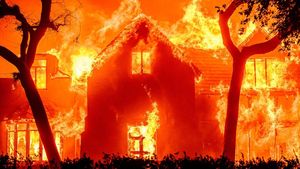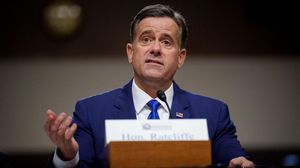The South African National Defense Force (SANDF) recently disclosed the names of 14 soldiers who lost their lives during engagements with M23 rebels in eastern Democratic Republic of Congo (DRC), bringing the total death toll to 14 after one soldier succumbed to injuries sustained during the conflict.
On Saturday, the SANDF revealed the names of the fallen soldiers, who bravely faced the armed insurgents, exemplifying what the military called "extraordinary courage." The deceased include Staff Sergeant William Eddie Cola, Staff Sergeant Molahlehi Ishmael Molahlehi, Staff Sergeant Shwahlane Theophilus Seepe, and several others, up to Private Peter Jacobus Strydom.
According to reports, the soldiers were part of peacekeeping forces stationed to stabilize the region, which has seen renewed violence as M23 rebels strive for greater control. The situation has prompted extensive concern from South African officials and the families of the brave troops.
The Minister of Defence and Military Veterans, Ms Angie Motshekga, alongside Deputy Ministers of Defence and Military Veterans, expressed their sorrow for the losses. Their statement included, "The Minister, Deputy Ministers, and the entire defence family send their heartfelt condolences to the families of the deceased." This acknowledgment yet again highlights the sacrifices made by military personnel on international missions.
While the government grieves, local political leaders are also responding. Limpopo Premier Dr Phophi Ramathuba had planned to visit bereaved families on Sunday but postponed these visits for procedural reasons related to the SANDF's processes. The spokesperson for Ramathuba explained, "The decision was not made lightly, as the Executive Council understands the importance of providing support and comfort to the families during their time of grief." This delay merely reflects the respect for protocols concerning the tragic situation and the emotional support needed for the families.
The increasing hostilities have not gone unnoticed. Recent statements made by political figures, such as Patrick Muyaya, have put emphasis on the complex dynamics at play within the region. The urgent need for peace talks has been recognized by both sides, showing some willingness from M23 rebels to engage diplomatically after heavy combat.
"No one is in a good position," Muyaya noted, reflecting on the grim circumstances facing all parties after the staggering loss of life.
There's no denying the strain this conflict has put on both military families and the broader South African community. The SANDF's commitment to peacekeeping missions continues, yet the human cost remains heavy, reminding citizens at home of the dangers faced by their military personnel abroad.
While the families mourn the loss of their loved ones, discussions are also focused on how to fortify peace efforts and prevent future casualties. Engagements between political leaders and military officials are seen as necessary steps to navigate the turbulent waters of diplomacy and military strategy.
Back home, community responses reflect similar sentiments of pride yet sorrow. Family members of the fallen soldiers welcomed the condolences with mixed emotions, feeling the pride of their loved ones' bravery intertwined with the grief of their absence. The community’s resolve to stand together during this painful chapter is apparent.
Given the heavy consequences of this conflict, prompts for discussions surrounding South Africa's role and responsibility within such peacekeeping missions are inevitable. There's increasing momentum from various sectors calling for clearer strategies and support systems for soldiers and their families.
These tragic developments serve as poignant reminders of the sacrifices made on foreign soil, shedding light on the realities faced by soldiers and their communities during efforts to maintain peace.
Moving forward, South African leaders will need to carefully assess and likely recalibrate their approaches to international peacekeeping mandates, especially as the situation develops dynamically within regions like the eastern DRC.



